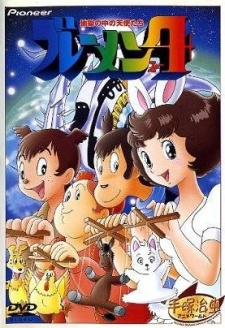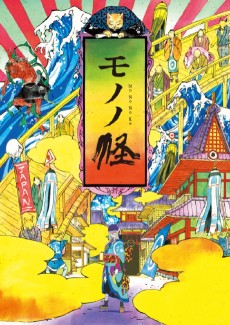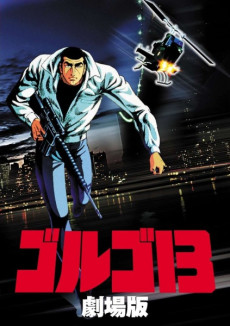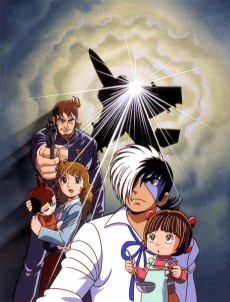BLACK JACK
STATUS
COMPLETE
EPISODES
10
RELEASE
July 25, 2000
LENGTH
50 min
DESCRIPTION
In the medical profession, there is a name spoken in hushed tones, of an unlicensed genius physician who can save lives—for a price. His name is Black Jack, and he is a dashing, moody figure, caped in black, a Harlock of medicine, a man who lives by no rules other than his own—and the Hippocratic Oath. A man who would defy the will of God himself in the name of preserving life.
(Source: AnimeNfo)
CAST
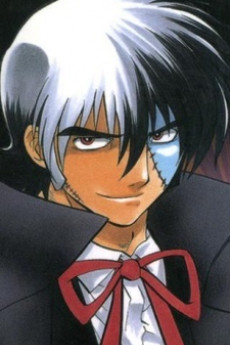
Kuroo Hazama
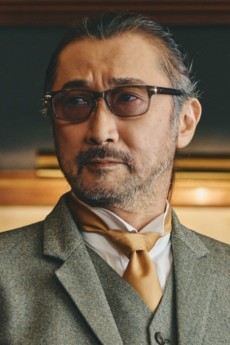
Akio Ootsuka
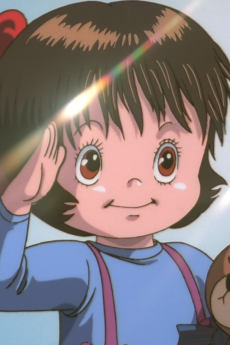
Pinoko
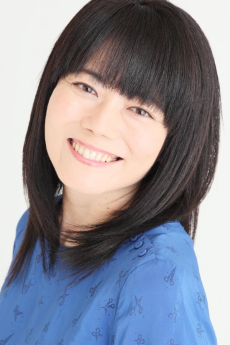
Yuuko Mizutani
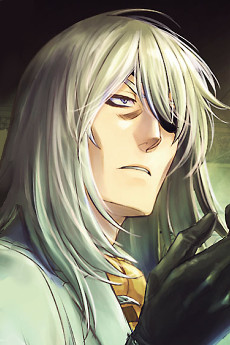
Kiriko
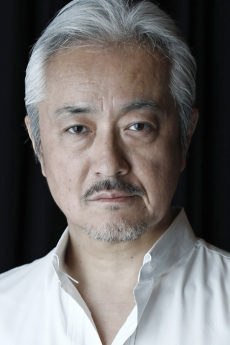
Kazuhiro Yamaji
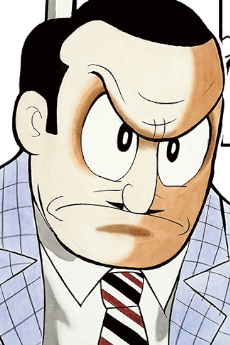
Acetylene Lamp

Michio Hazama
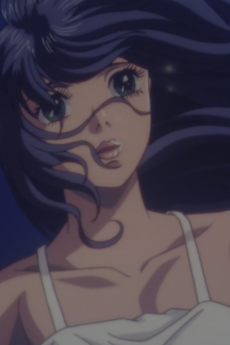
Tsukiko
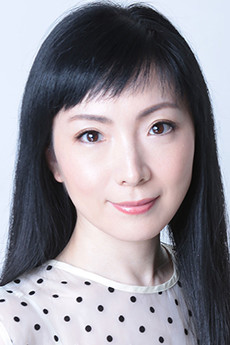
Fumiko Orikasa
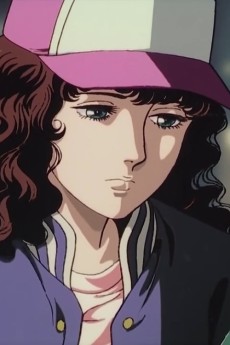
Rie Fujinami

Megumi Hayashibara
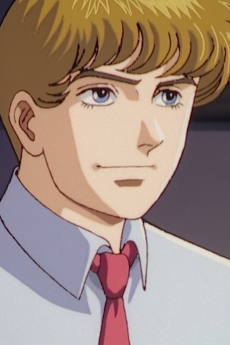
Leslie Harris
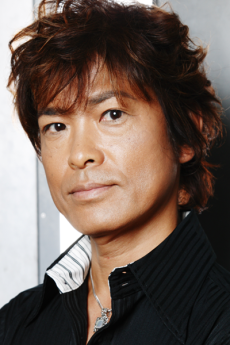
Tooru Furuya
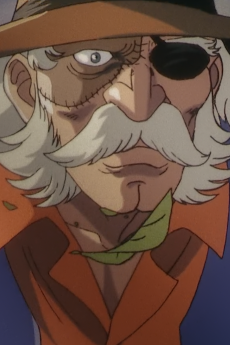
Ernesto
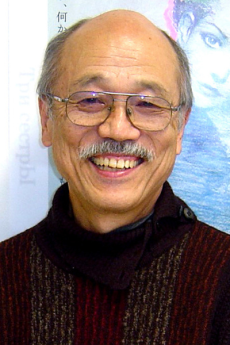
Yoshisada Sakaguchi
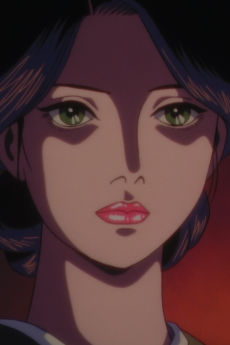
Machiko Tsuzuki

Mayumi Shou
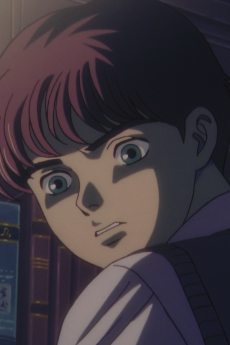
Andrew

Megumi Hayashibara
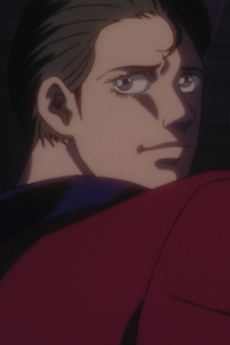
Koichiro Tsuzuki
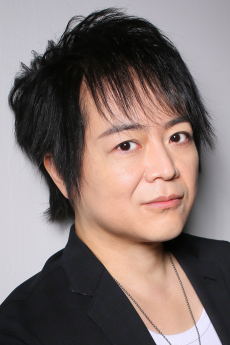
Nozomu Sasaki

Catherine
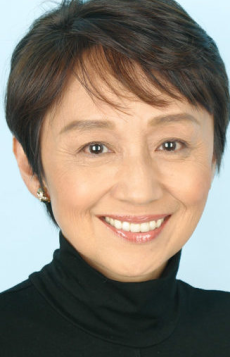
Keiko Han
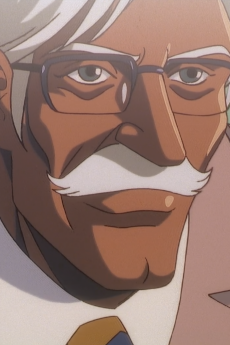
Stanfield
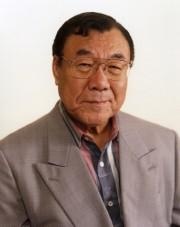
Yasuo Muramatsu
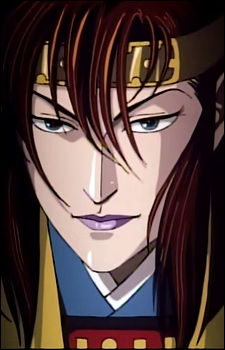
Abumaru
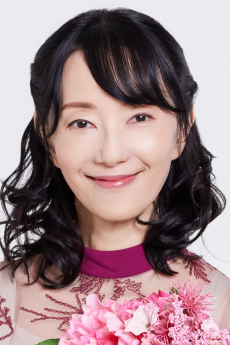
Atsuko Tanaka
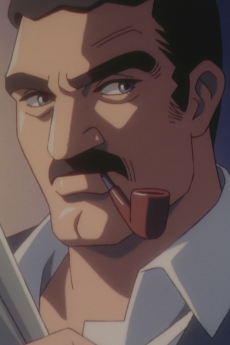
Jones
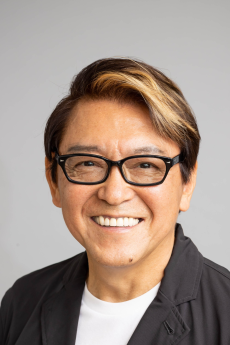
Naoya Uchida
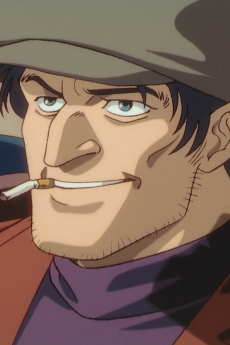
Taxi Untenshu
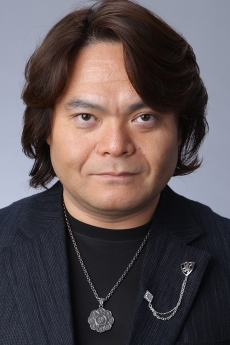
Kiyoyuki Yanada
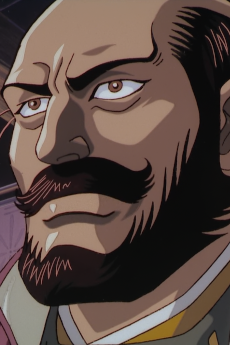
Saburo Taneda

Mugihito
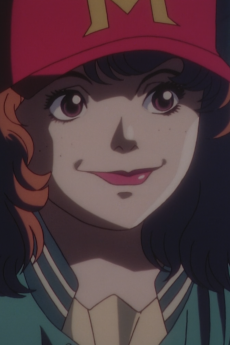
Mariko

Eiko Kudo
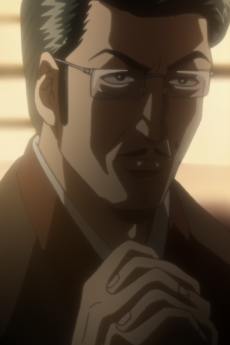
Tachibana

Naoya Uchida
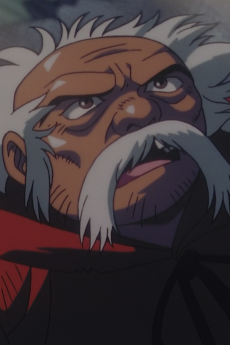
Armando

Masaru Ikeda
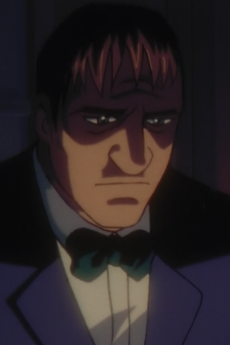
Taneda

Mugihito
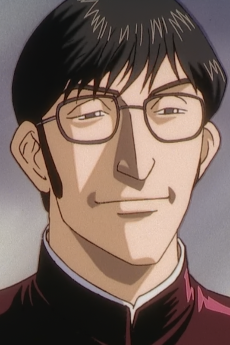
Bokushi
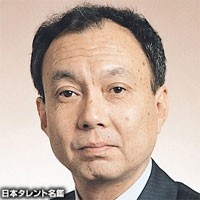
Kazuaki Itou
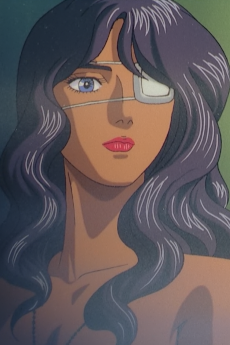
Maria Carnera
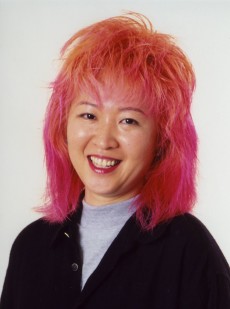
Masako Katsuki
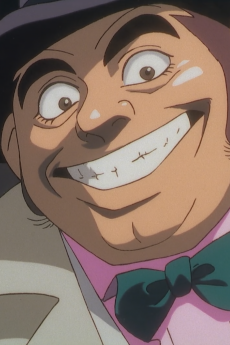
Patterson
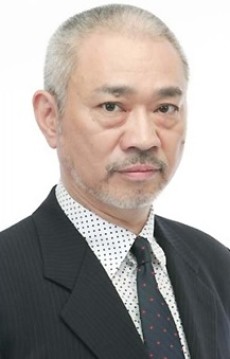
Ryuuzaburou Ootomo
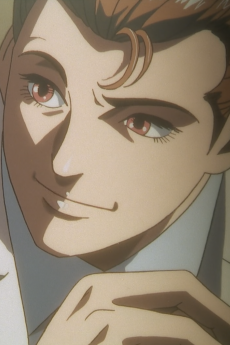
Yasuhiko Shirabyoshi
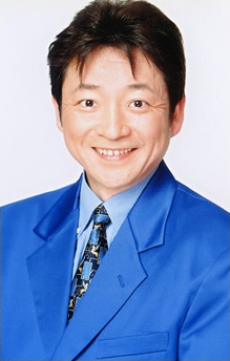
Yuu Mizushima
EPISODES
Dubbed
RELATED TO BLACK JACK
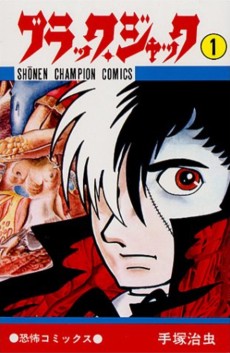 MANGA DramaBlack Jack
MANGA DramaBlack Jack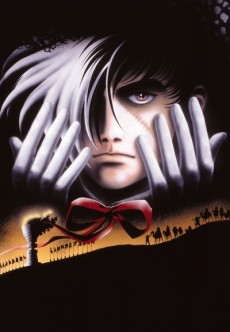 MOVIE DramaBlack Jack Movie
MOVIE DramaBlack Jack Movie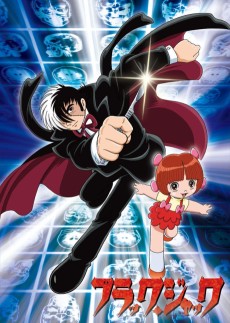 ANIME DramaBlack Jack (TV)
ANIME DramaBlack Jack (TV)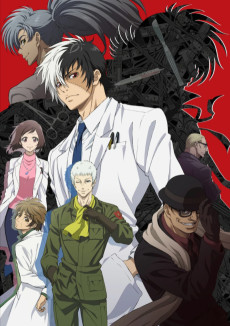 ANIME DramaYoung Black Jack
ANIME DramaYoung Black Jack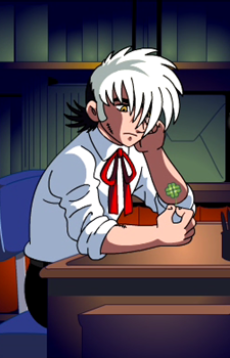 ONA DramaBlack Jack ONA
ONA DramaBlack Jack ONA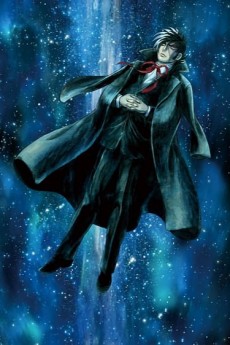 OVA DramaBlack Jack FINAL
OVA DramaBlack Jack FINAL MOVIE Sci-FiNeo Atom Tanjou
MOVIE Sci-FiNeo Atom TanjouREVIEWS

Meistro
88/100A hard-boiled doctor's preservation of life.Continue on AniList
From an anime fan’s standpoint, Osamu Tezuka is a fascinating subject of study. Even though I haven’t read or seen most of his works, his name and what he has done for the anime industry evoke admiration from me in the same way names like Francis Coppola and Stanley Kubrick would fascinate a lover of American cinema.
Today, Tezuka is widely known as the “father of modern anime,” the creator of (supposedly) the second anime ever created titled Astro Boy (though there has been evidence to prove that much earlier anime have existed), and last but not least, the “Walt Disney of anime.” That last label, however, feels like a misnomer to me because of how much darker his works tend to be compared to Disney’s. Alabaster, for example, is his most controversial work that features a serial rapist as the protagonist. There’s also Adolf, which features the one and only Nazi leader himself.
The reason I said that Tezuka is fascinating is mainly because of such heavy subjects that are present in his works. As an anime fan, I’ve always been more passionate about showing non-anime fans the more mature content in anime than the more mainstream and family-friendly ones, not because of some edgy and pretentious obsession of wanting to be seen as a “grown-up” or even someone with unique tastes, but because I wanted to show the depth of anime and the beauty in its storytelling range. The fact that anime itself is rooted in the works of Tezuka, “the father of modern anime,” says a lot about what it could become as a medium outside the commercial market. Astro Boy, the android kid who started it all, was merely the tip of the iceberg, and even then, the seemingly innocent anime contains themes of anti-war humanism stemming from Tezuka’s life experience growing up in WWII. Even as a kid, I don’t think I ever bought into the idea that animation is just dumb comedy to distract children with. Ever since I watched Toy Story 2 and the many compelling Pixar productions that came after, I’ve held a strong belief that animation could always have something more to say about life. Tezuka’s works are the representation of that depth, including the 1993 adaptation of his manga, Black Jack.
I think that when reviewing any piece of Tezuka’s works, it’s essential to consider his bibliography and his historical contributions as well because not only is it that many of Black Jack’s themes share a connection with his other works, but they also feel like an extension to what he had to say about war and peace. Astro Boy has a closer relation to the A-bomb and WWII sentiments; Black Jack, on the other hand, has more to do with Tezuka’s medical background and his deep belief in the preservation of life.

Based on the '70s Japanese comic book of the same name by Tezuka, Black Jack tells the tale of Kurō Hazama, an unlicensed doctor who will go to any extralegal measures to save a life while charging a fair sum relative to the patient's financial status (even giving a $1 IOU once to several war refugees). To say that Hazama is an unconventional hero is probably something of an understatement. In spite of his apparent altruism for his patients, he can be contrarily cynical as well, even coldly telling someone that he's free to hang himself away from his presence. Furthermore, much like the protagonist of Alabaster, his face is scarred, with half of it seeming to have been grafted with someone else's skin, a characteristic more often associated with villains or tragic figures in western cultures like Quasimodo.
Such an ambivalence in Hazama's character design feels very much in the vein of neo-noir fiction, a genre of which its style the '90s Black Jack adaptation very much emulates (as opposed to its brighter and more colorful TV series in the 2000s). Moreover, as with neo-noir fiction, the anime also features a number of femme fatales who display some level of intimacy towards Hazama (though not necessarily having that affection reciprocated). There are other neo-noir elements as well, such as its nihilistic setting and generally bleak atmosphere where the hard-boiled Hazama serves as one of the few beacons of hope. One such example of its grimness is its frequent exploration of warfare and its ensuing violence as part of the storyline. There have been at least three episodes dealing with the effects of war causing affliction on innocent victims, whether it's chemical warfare experimentations or good ol' civil war power struggles that neglect the well-being of the citizens. Hazama's outspoken resentment towards such pointless conflict caused by selfish politicians very much reflects Tezuka's body of work.

There are other elements that distinguishes the '93 Black Jack adaptation as well such as the many use of freeze frames that look like they were drawn with pastel chalk, a trademark style of director Osamu Dezaki (who started his manga and anime career working under Tezuka and would go on to direct and write Ashita no Joe). Aside from making a climactic scene look more dramatic, it also saves budget for the animation, something that the much cheaper 2004 TV adaptation later on didn't require. The '93 Black Jack, however, would probably need such budget cuts because of its higher quality music and animation details. The backgrounds are more detailed and richly colored, and it has four different unique opening and closing theme songs over 10 episodes, each a two to three minute rock ballad that reflect the show's melancholic loneliness. Such freedom of expression and high level of effort and passion are likely attributed to the fact that the '93 series is an OVA (Original Video Animation), which is a form of direct-to-video series released on VHS tapes. Unlike the American direct-to-video movies, the OVAs tend to have higher production value and allowed creators to freely incorporate mature content that they couldn't get away with in a TV production (such as the '04 Black Jack TV series). With the advent of cable TV, however, the OVAs were slowly dying out in the '90s.
One such mature content in the '93 series is also the graphic imagery of body innards. More than just a doctor, Hazama is a surgeon, and very often, the audience would witness the rather unsettling details that accompany such medical drama. However, it's not done in a exploitative or sensationalized way. Being the creation of Tezuka who had attended medical school and earned himself a license, the anime has been said to be quite accurate in its portrayal of the medical procedures, which is why I feel that its graphic scenes of surgery were necessary to showcase the details of Hazama's work. There's hardly any gratuitous blood or gore, however, only the necessary details to show which body parts Hazama is cutting open.

While often somber in tone, the anime also contains comedic moments thanks to a few recurring comic reliefs, including police lieutenant Takasugi, a criminal investigator who pesters Hazama about his lack of medical license while remaining protective of him, and Pinoko, a seemingly small child who's actually eighteen years old in age. Pinoko is undoubtedly the more controversial of the two characters due to her often questionable remarks about marrying Hazama. This is probably the only problematic aspect of the show because it's written for audiences who have read the manga and supposedly knew about Pinoko's tragic history, something that's not explained in this anime whatsoever. In 2011, however, two new episodes for the series are written using unused storyboards left behind by the late Dezaki, one of which does revisit the memories of Pinoko and her creation. While these two episodes are technically considered a part of this OVA, they are sometimes referred to as an entirely new series titled Black Jack Final. Nevertheless, western viewers without such background knowledge of the story would be reasonably confused by such a portrayal. But for what it's worth, Pinoko's maturity only extended to her speech rather than any controversial actions. Her quirkiness as an adult stuck in a child's body can be quite adorable, however, and her immaturity (despite her actual age) often ensues in hilarity that lightens the heavy mood of the series.
Pinoko’s nature isn’t the only fantastical element of the series either. Like Dr. Gregory House in House M.D., Hazama too is often involved in strange cases beyond the explanation of science. However, the anime contains far more supernatural elements that are beyond just abnormal illnesses, ranging from a talking tumor on one’s stomach to telepathic trees born out of a person’s body. There’s even an entire episode where Hazama is transported to what looks like feudal Japan with warring samurai. However, the series is still very much a grounded medical drama that doesn’t lean too much towards the unbelievable. It’s interesting to note that, in spite of being a man of science, Hazama is agnostic towards the paranormal, being willing to believe that there are things in this world that science hasn’t been able to explain yet.

Beyond its fascinating animation of realistic surgeries, Black Jack is an anime I'm glad to have encountered, not only because it's created by one of the most revolutionary storytellers of Japan, but also due to its unique storyline about a hardened doctor's preservation of life. Something that's been said by famed animator, Hayao Miyazaki regarding Tezuka is that he loathes the pessimism present in Tezuka's stories, pessimism that lacks any subtlety in its criticism of humanity's ugliness. Watching something like Black Jack, however, not to mention knowing that the '04 adaptation contains many cheerful elements present in the original manga, I find such a statement hard to believe. While Tezuka's stories don't shy away from the horrors of war, something that's inevitable due to his own life experiences living through WWII, you could tell from an anime like Black Jack that he's more of a humanist than a misanthrope. Hazama is fiercely protective of human life, even willing to heal soldiers who have threatened to kill him. If any of Tezuka's works might have come off as pessimistic to anyone, one should definitely check out Black Jack as it feels like the antithesis of optimism to that notion.
But more than anything else, it's just a really great medical drama. I'm not one to usually enjoy such a genre of television specifically because I have no idea what half of the things that are being said, but more often than not, series like House M.D. and Black Jack have something more to offer, whether it's the sarcastic charm of Hugh Laurie or Tezuka's earnest examination on the value of a human life to an unlicensed doctor.
SIMILAR ANIMES YOU MAY LIKE
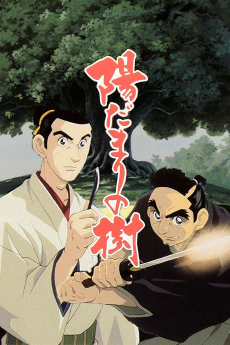 ANIME DramaHidamari no Ki
ANIME DramaHidamari no Ki ANIME Action86: Eighty Six
ANIME Action86: Eighty Six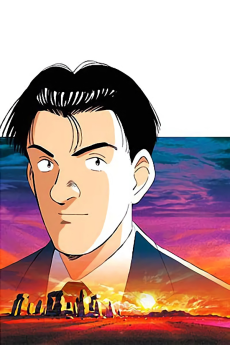 ANIME AdventureMASTER Keaton
ANIME AdventureMASTER Keaton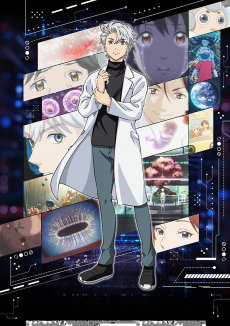 ANIME DramaAI no Idenshi
ANIME DramaAI no Idenshi
SCORE
- (3.8/5)
TRAILER
MORE INFO
Ended inJuly 25, 2000
Main Studio Tezuka Productions
Favorited by 262 Users


